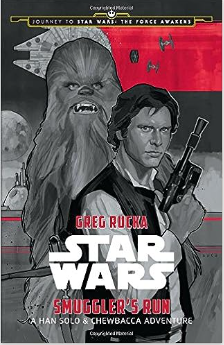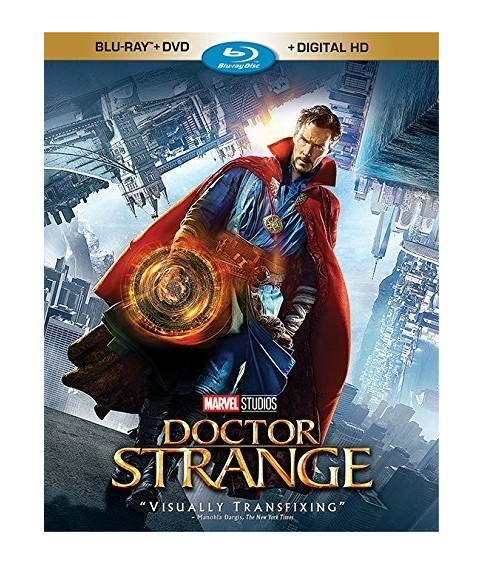One of the things that struck me the most about the book is how ill-prepared the intelligence agencies were for Al-Qaeda. For a long time, even when they were actively attacking US interests many in the FBI had no idea they existed or that there were sleeper cells in the United States. One very telling point was when Clarke asked the FBI to research whether there were websites hosted on US servers that were recruiting terrorists, and he was told there were none, and then asked a reporter to look into it who found dozens of them. Just the fact that there were very few within the FBI, CIA, and other agencies who realized the kind of threat they posed, combined with the agencies' unwillingness to share information with each other, and the Clinton and Bush administration very different lack of responses (Bush's downplaying the threat and brushing it aside, and Clinton's overanalyzing combined with his lack of action due to "Wag the Dog" like comparisons to deflect from his personal scandals) left the country open to attack.
Clarke's harshest criticism is saved for the Bush Administration's obsession with going into Iraq. He claims that from almost day one of that administration they were itching to find a reason to go invade Iraq to "finish the job" from the first Iraq war, and that even a couple days after 9-11 they were trying to find any connection between Iraq and Al-Quaeda despite it being clear that there was no connection between the two. He also argued that by invading Iraq the United States gave Bin Laden exactly what he wanted, the US occupying a Muslim country, which could be used as a terrorist recruiting tool. In the final chapter of the book Clarke lays out what he thought the proper response to 9-11 should have been, vs what was actually done.
The softcover version of the book is about 330 pages long. For me, it read fairly quickly, but I was already aware of a lot of the information discussed by Clarke. Overall, the book is a very interesting read. It does not come across as partisan in that Clarke criticizes and praises things that were done right and wrong by Republicans and Democrats, as well as the career professionals in the various intelligence agencies. While not likely an exhaustive history, it lays out how the United States viewed, and responded to, terrorism, including how the US learned of Bin Laden and his group's existence and motives over a long period of time. Given the age of the book, if you are into the subject at all and have watched any of the documentaries that are out there, read any of the other books, or even have seen the series The Looming Tower, which is currently playing on Hulu, you may know a lot of what is in this book. But it gives a very good and insightful look at what was going on from an insider's perspective. It is definitely worth reading.
















